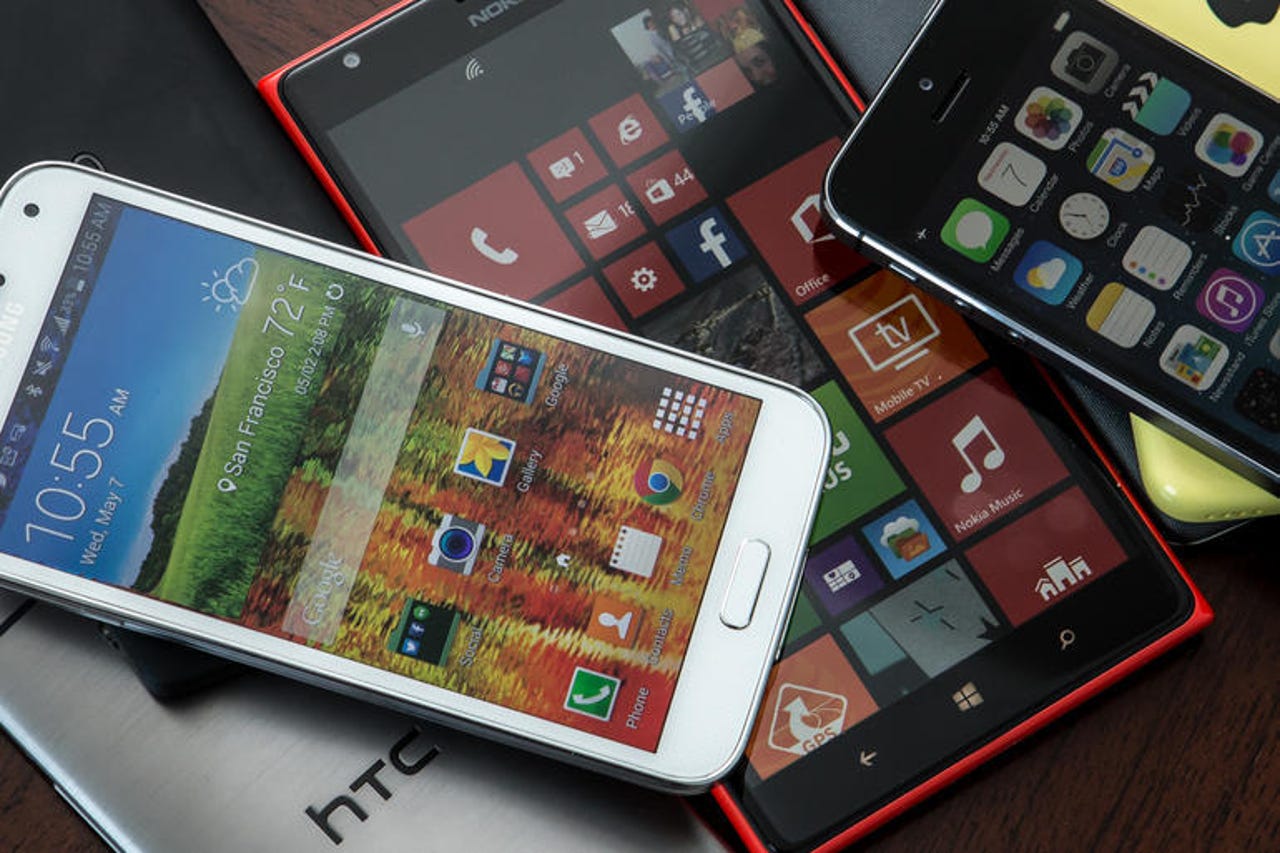U.S. District Judge rules mobile-phone tracking does require a warrant

In May, the United States Court of Appeals for the Eleventh Circuit ruled that cops don't need a warrant to grab carrier cell-phone records. Not quite three months later, U.S. District Judge Lucy Koh of the Northern District of California, ruled police must obtain a search warrant to seize your mobile-phone records.

In Koh's case, Assistant U.S. Attorney Jeffrey Schenk has argued that cell phone users who are concerned about their privacy could either not carry phones or turn them off.
Mobility
Fortunately, Koh lives in the 21st century. She wrote, "Considering the ubiquity of cell phones, and the important role they play in today's world, it is untenable to force individuals to disconnect from society just so they can avoid having their movements subsequently tracked by the government."
Therefore, location data generated by continuously operating apps and phones automatically pinging cell towers doesn't amount to a "voluntary conveyance" of information to carriers. Thus, mobile-phone tracking by police without a warrant would violate the Fourth Amendment's prohibition of unreasonable searches and seizures.
Linda Lye, a senior staff attorney at the ACLU Foundation of Northern California, told The Recorder that Koh's decision rejected the argument that "we somehow relinquish our constitutional rights by participating in modern life."
Related Stories: